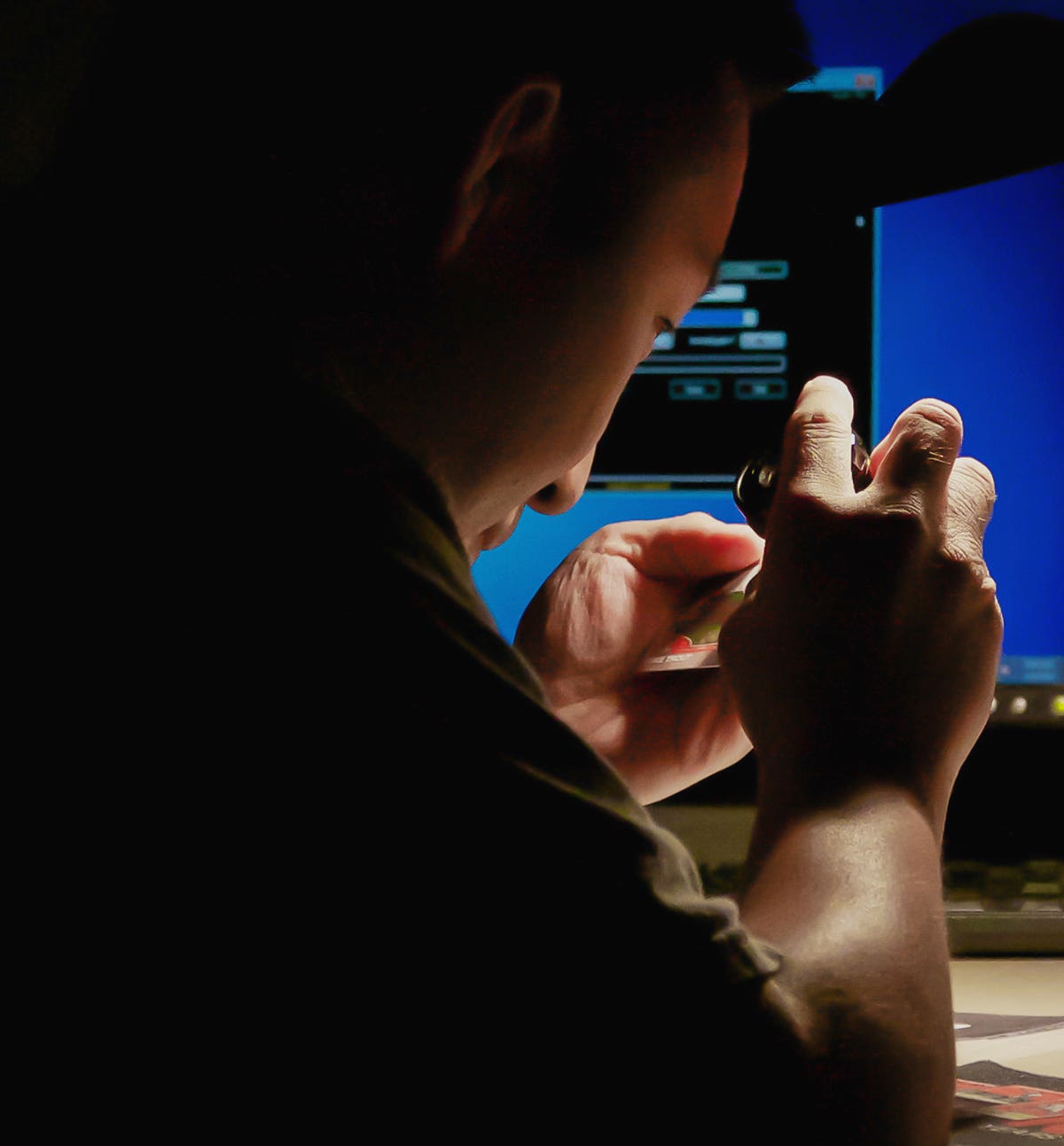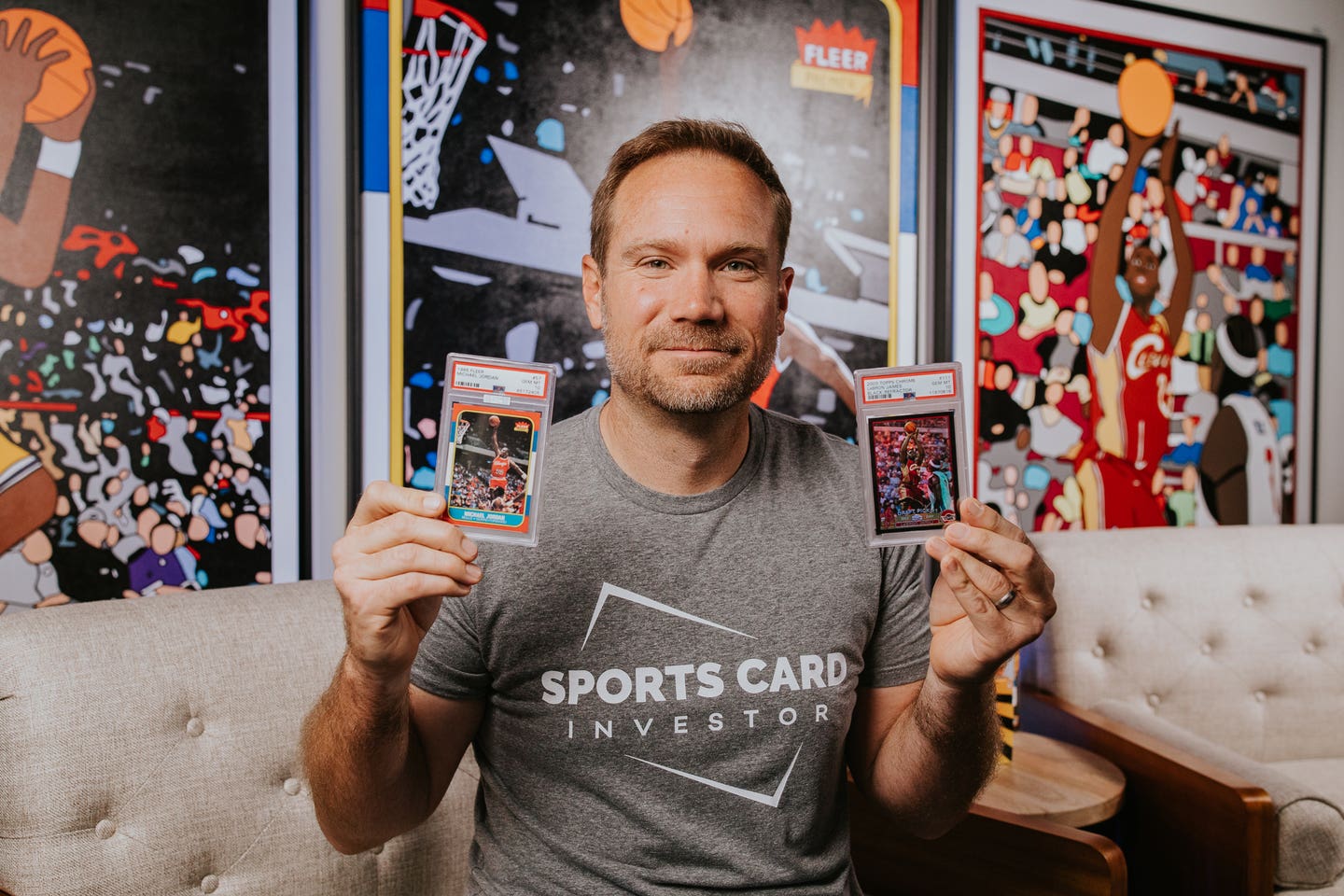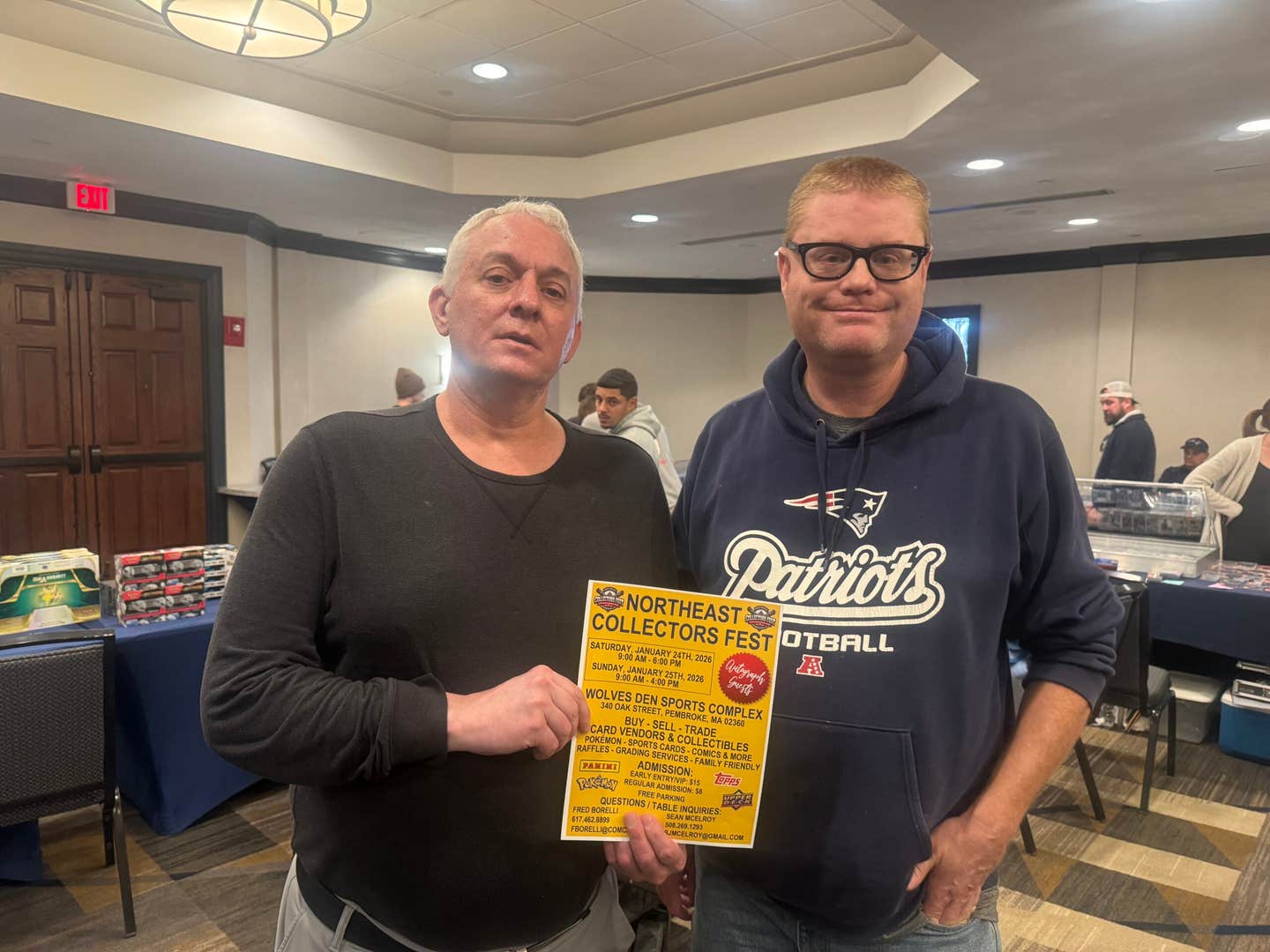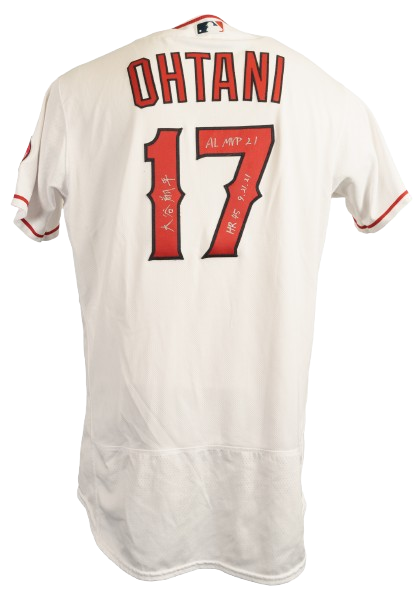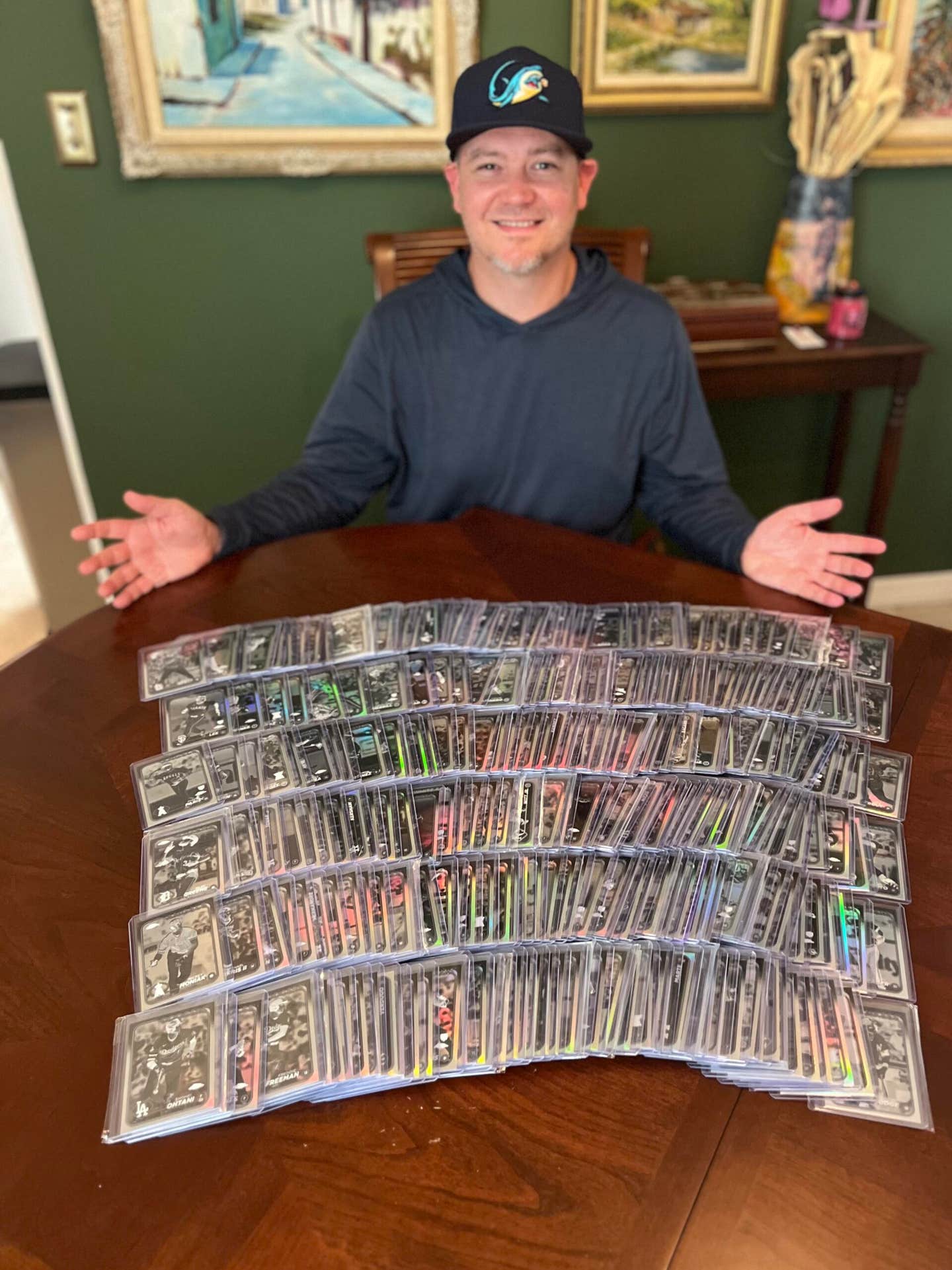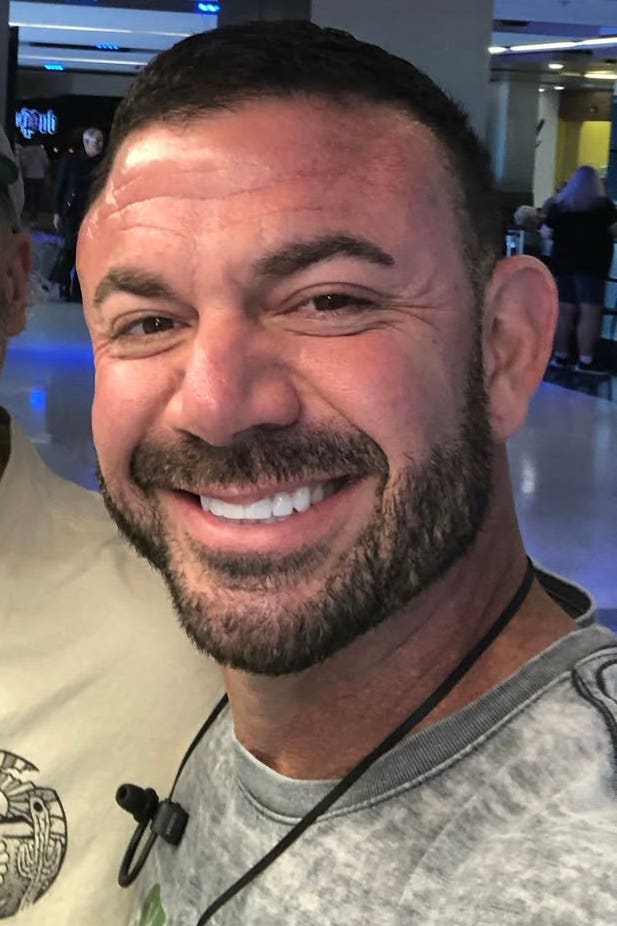Collector Stories
Hobby Pioneer Goodie Goldfaden dies at 97
By George Vrechek
Jason Busch contacted me on Jan. 3 with the news: “I have read your articles about my great-uncle Goodwin, and wanted to let you know that sadly he passed away Sunday night after battling illness for many weeks. He was 97 and was truly a fighter even until the end. Thank you for taking an interest in his life and career. He will definitely be missed.”
Long-time sports publication dealer Goodwin “Goodie” Goldfaden reminded people that he was born on the same day as Joe DiMaggio, Nov. 25, 1914. He died Jan. 1, 2012. Preceding Goodie in death were his brothers Jack and Louis and his first wife, Esther. He is survived by his second wife, Frieda Goldfaden of Sherman Oaks, Calif., stepson Richard Greenberg and stepdaughter Susan Luboviski. Goodie was born in Cleveland, Ohio, to Herbert and Sophie Goldfaden.
Dealing in sports from 1925-2012
It is impossible to summarize the life and work of Goodie Goldfaden in a few pages. He was in the business of selling publications, cards and memorabilia from every sport since 1925, when he and his brother Jack sold programs and pennants outside Cleveland’s League Park. He was probably the first full-time dealer exclusively in the sports hobby, opening a store in Los Angeles shortly after his arrival in 1947. He advertised, bought and sold publications and cards throughout the world. He was a resource to those interested in sports history, from Notre Dame University to Hollywood actors, the International Olympic Committee, professional coaches and sportswriters. He attended some of the earliest sports card conventions, including Jim Nowell’s 1970 gathering in California and the early Detroit shows. Goodie’s sports publication collection was even featured in Sports Illustrated.
Goodie Goldfaden, a dynamo
Before meeting Goodie in 2008, I asked Bill Mastro what he was like. Bill described him as “a bulldog, small but not frail . . . sharp as a tack, not missing anything, unbelievable.”
Collector Jim McConnell described him as a “dynamo.” When I finally met Goodie, I would add that he was a very likable “bulldog.” He was incredibly other-directed and had the good fortune of having a fantastic memory. He met my son-in-law once and would always ask me about him. He remembered the street my other daughter lived on in Los Angeles and had never even met her.
Photographic memory
Collector Ray Medeiros remembered, “In l948, I ordered annuals like Who’s Who in Major League Baseball and thus began a long friendship with Goodie. Although thoroughly and completely a businessman, he always was fair and kind to me.”
In 1959, Ray bought a pile of old Baseball Magazine posters from Goodie before leaving for the service in Greenland. Ray recalled, “Eight years later, I walked into his store on Santa Monica Boulevard and his first words after hello were, ‘Are you interested in some more Baseball Magazine posters?’ He also remembered what I had purchased back in l948.”
Buying and selling
Just about every old-time collector and dealer I have talked to has known something about Goodie Goldfaden. To young collectors, he may have initially come off as abrupt or that his prices were high. Several collectors remembered Goodie wasn’t thrilled to pull out a few baseball cards from his massive floor to ceiling inventory. He didn’t handle the cards like rare collectibles either. It might have taken those collectors a few years to understand that Goodie was running a business and was a one-man operation. He had to use his time efficiently. In retrospect, many would acknowledge that his prices turned out to be good deals. What he had was of value, he had a knack for pricing it and the material appreciated in value. For example, he sold complete sets of 1952 Topps cards for $100 at a time when collectors thought $100 was pricey.
Goodie was disciplined in buying at the right price, passing on some significant collections like Preston Orem’s and Walt Corson’s over the years. But people knew Goodie would buy things that they didn’t want to hang onto anymore. He paid for it and hauled it all away. In the 1970s, he sold his entire 50-ton sports publication collection to the University of Notre Dame. Within a few years, he had accumulated additional material, initially jamming it into his garage and then into five different storage areas. He bought and resold his entire inventory more times than he could remember, which was saying something given Goodie’s memory. (Best guess is that he “sold out” eight times.)
Many stories
There are so many things of interest about Goodie’s career. For example:
- He stamped his company’s name “Adco Sports Book Exchange” on publications and watched some of the material come back to him over the years.
- He advertised nationally in Hobbies Magazine as early as 1937 looking for sports material back to 1860. In the same issue, Jefferson Burdick contributed one of the first articles about card collecting.
- He advertised in Burdick’s catalogs, collector directories and even flea market pamphlets well into 2008.
- He dealt with hobby veterans ranging from Lionel Carter and Buck Barker to Dwight Chapin, Kevin Savage and Pat Quinn.
- He was still driving the L.A. freeways in 2011, looked fit, and mentally sharp, although he complained about frequent trips to the doctor’s office.
- He was one of the earliest members of SABR.
- When the Depression hit and his assets consisted of piles of sports publications, he became a book dealer with sports as his specialty.
- In the mid-1930s, he met Ernie Harwell in Atlanta who was a collector of baseball publications. They began swapping publications.
- His store on Santa Monica Boulevard was compact with only room for a few customers in the front. He had cards in cigar boxes among the publications, correspondence, posters, photos and movies. He had something for anyone interested in sports.
A quietly generous man
Jim McConnell knew Goodie for more than 40 years. Jim shared his thoughts upon learning of Goodie’s death.
“Goodie was a remarkably generous man, remarkable in that he didn’t want anyone to know of his generosity. He was a big supporter of Israel, from the country’s founding back in 1948. There were orphanages that he gave material and cash donations to, including a Catholic orphanage in the San Fernando Valley . . . Goodie enjoyed meeting people and could be quite interesting, and on topics other than sports. He rarely went to sporting events (or watched them on TV) but was an avid reader and had an impressive collection of first-edition novels. He had a philosophy that nothing was junk, that somewhere there was someone who wanted to collect it. Thus, he saved everything, from pocket schedules to photos to back issues of the Police Gazette and obscure body building and martial arts journals. His favorite expression was “wait a while!” which actually is great advice for a collector. If you wait long enough, you’ll find what you are looking for.”
Memories
I was fortunate to have been among the thousands of collectors who met Goodie. While my contact was limited, it was a memorable. His memory was so sharp. You were talking to someone who was right there in the 1930s and 1940s when the hobby was first getting organized. Goodie was able to make a living dealing with people over decades in a straight-forward manner and developed a reputation as a good guy in an industry not always known for fair dealing. His involvement helped the hobby and enriched many of us with great memories of Goodwin Goldfaden.
The family remembered his kind, caring nature, his sense of humor and the fascinating stories he told about his life. They requested that any contributions be made to the Jewish National Fund to plant trees in Israel in Goodwin’s memory.
Previous SCD articles on Goldfaden: “Goodie Goldfaden: West Coast hobby giant,” April 4, 2008, and“Hobby Pubs from the 1970s,” May 14, 2010, and May 21, 2010.
George Vrechek is a freelance writer for SCD and can be reached at vrechek@ameritech.net.



